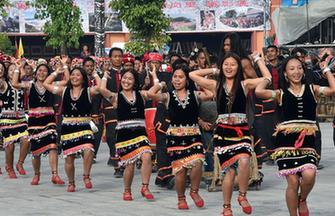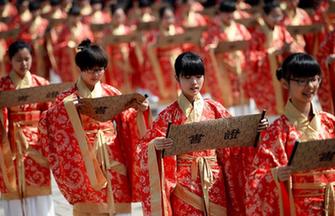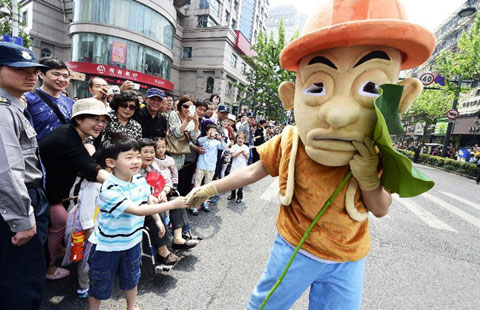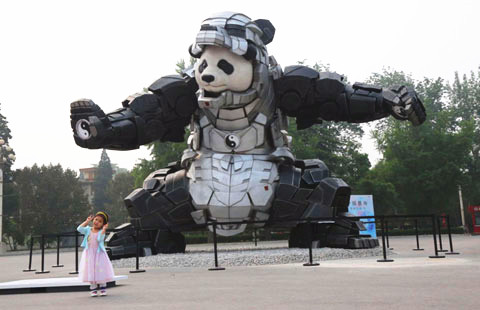British translator's love affair with Chinese literature continues
By Cao Yin In London ( China Daily ) Updated: 2015-05-06 07:35:29Harman gives the example of Yan's book, Wo Men Jia, or My Family.
In the novel, a bossy 80-year-old woman forbids her children from seeing their lovers and forces them into arranged marriages for money.
"The mother and children were horrible to each other, but in very subtle ways. It's hard to convey (the emotions) in English," she says, adding she asked Yan to ensure that her understanding was accurate.
"If I find particular questions while translating Chinese, I highlight them in the text and ask the authors," she says. "I like to ask them to reply in Chinese, because I think it's clearer (that way), and it's easier for them to use their own language."
When someone responds in a native language, there's always a better chance that what's being said will come out in all its richness, she says.
"Communicating with writers is like icing on a cake. It's the extra bonus, being able to talk to them," she says. "They are the creative people and translating their works is (for me) a process to re-create."
While contacting Chinese writers to clarify nuances, Harman also looks for photos online - the Chinese countryside 30 years ago, as illustrated in some books, for instance.
"In this way, translating takes a lot of time, especially from Chinese to English."
She says it took her a long time to translate Backflow River, a short story by Jia Pingwa, despite the book's length. The translation did, however, win Harman an award in 2003.
Long-term translations can force some good translators take up other projects part time, because they need the money to buy food, pay the rent and raise children, she says.
Harman has translated full time since 2011, after her three children grew up. Her aim is to translate as many Chinese books for Western readers as she can.
|
|
|
|
|
|
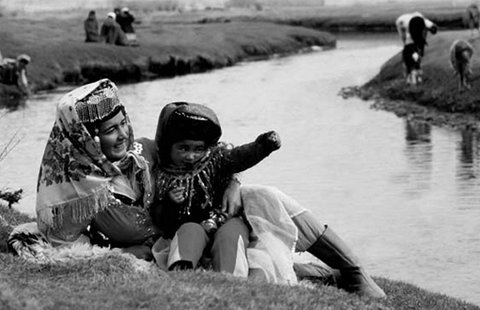
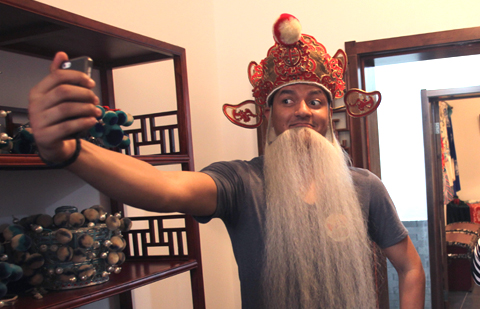
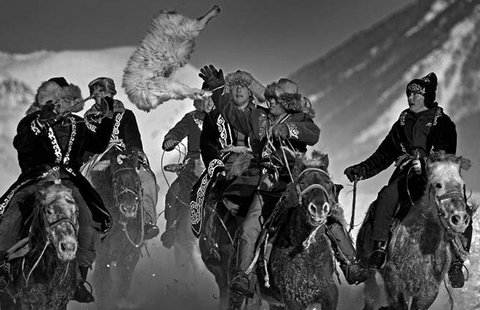



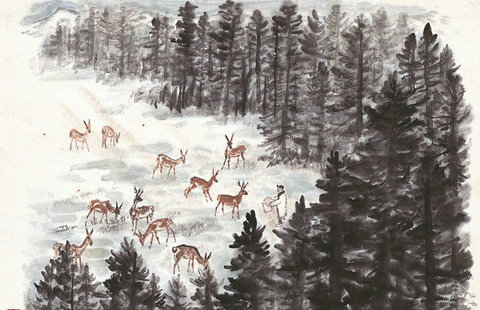
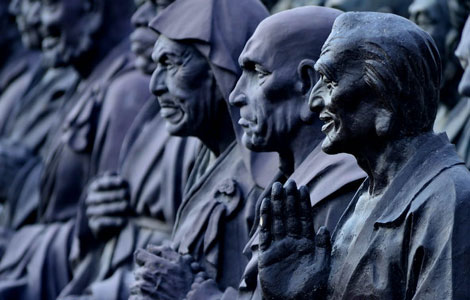
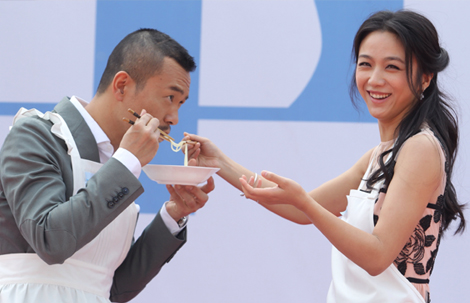





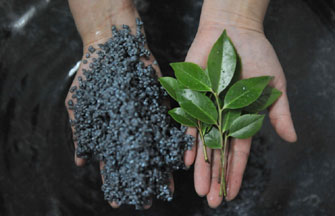



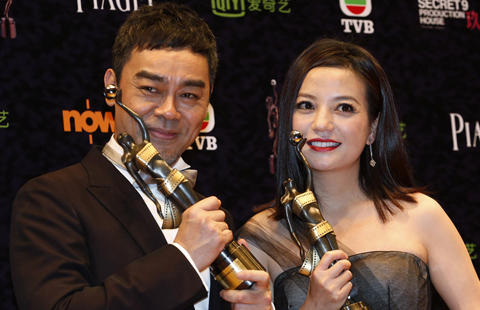


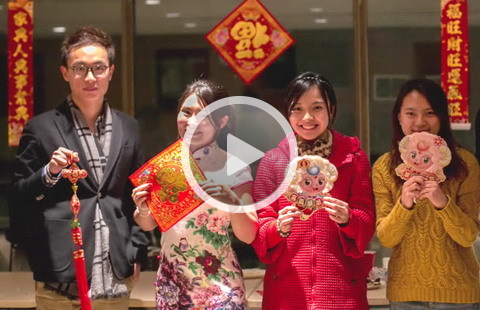

 Raymond Zhou:
Raymond Zhou: Pauline D Loh:
Pauline D Loh: Hot Pot
Hot Pot Eco China
Eco China China Dream
China Dream China Face
China Face
